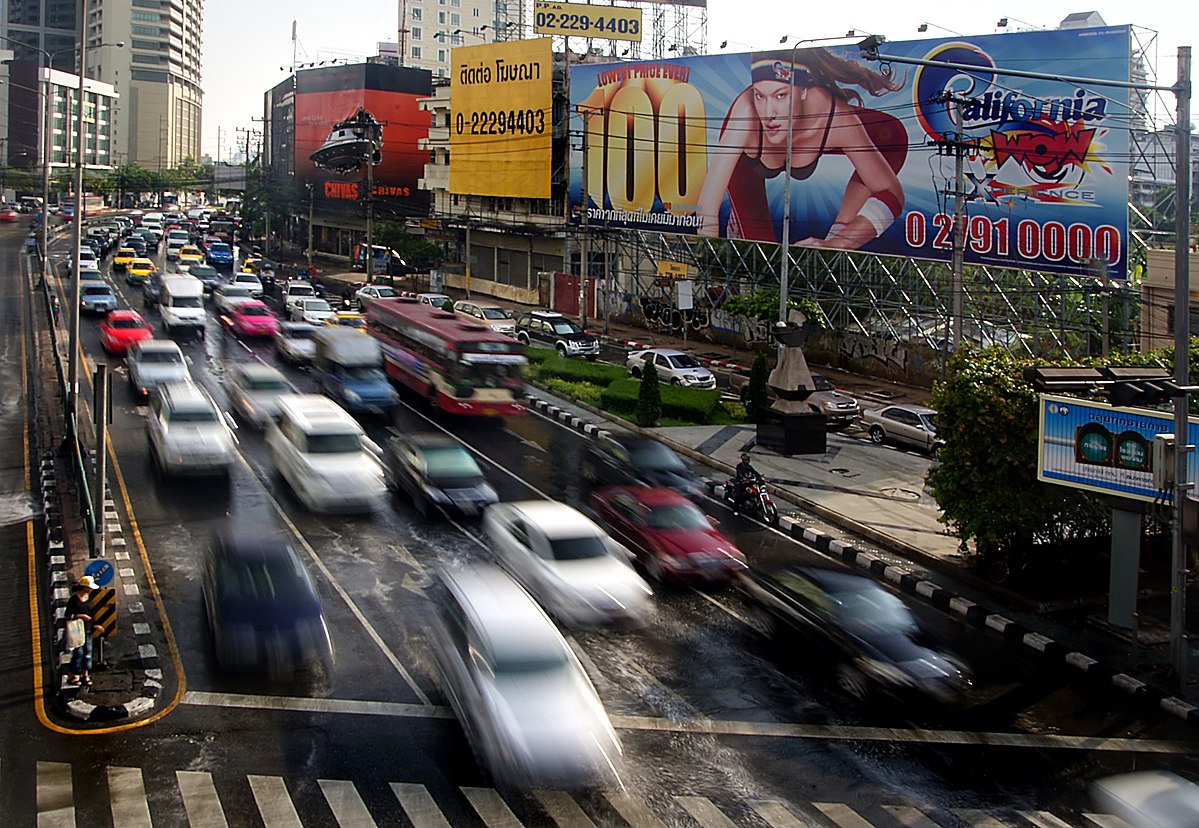The world’s leading automakers are on track to sell an estimated 400 million more diesel and gas vehicles than is feasible to keep global warming under 1.5 C, according to a new report by the University of Technology Sydney, Germany's University of Applied Sciences of the Industry, and Greenpeace Germany. They said the overshoot is equal to five times the total number of cars and vans sold throughout the world in 2021. Auto sales by General Motors, Hyundai-Kia, Volkswagen, and Toyota are on track to exceed the 1.5 C threshold by 13 million, 39 million, 43 million, and 63 million ICE vehicles, respectively. Projected ICE sales range from 645 million to 778 million vehicles, for “an overshoot of 105% to 147% compared to the 1.5 C-compatible number of ICE sales,” said the researchers.
Foxconn has laid the foundation stone for an electric-vehicle factory in Thailand, as part of its joint venture with Bangkok-based energy company PTT. It is scheduled to start operations in 2024, with an initial annual capacity of 50,000 EVs. It will gradually ramp up to 150,000 EVs per year by 2030, due to growing demand in Southeast Asia. Foxconn, which recently unveiled plans to become an EV maker, said the Horizon Plus joint venture's business model will be based on its contract production service.
FREYR Battery has announced plans for a US gigafactory in Coweta County, Georgia. It will develop the project in phases, beginning with an initial battery cell production module of approximately 34 GWh, with an estimated capital investment of $1.7 billion. FREYR, which is building a 29 GWh gigafactory in Norway, said additional investment could hit $2.6 billion by 2029. It is using the SemiSolid battery production tech of 24M Technologies, a spinout from the Massachusetts Institute of Technology. The 24M process reportedly simplifies lithium-ion battery production with a design that requires less inactive materials, such as copper and aluminum, and fewer manufacturing steps. The process reduces manufacturing costs by up to 40%, according to 24M.
SK On has signed a lithium supply contract with Chile's SQM. The South Korean battery cell manufacturer will buy up to 57,000 tons of lithium hydroxide from SQM over a five-year period from 2023, which is enough to produce batteries for about 1.2 million EVs. SK On expects the deal to boost its efforts to meet US Inflation Reduction Act (IRA) requirements, as Chile is a free trade agreement partner with the United States. In October, SK On signed a deal with Lake Resources to secure battery-grade lithium for up to 10 years from the fourth quarter of 2024, after acquiring 10% stake in the Australian company.
Daihatsu has signed a battery supply partnership with CATL. The Japanese car manufacturer will use CATL’s cells and battery management systems for its future electric models, with the use of technologies such as CTP (cell-to-pack) specifically mentioned in the agreement. Daihatsu expects the deal to help it ramp up production of affordable EVs in Japan and emerging markets.
This content is protected by copyright and may not be reused. If you want to cooperate with us and would like to reuse some of our content, please contact: editors@pv-magazine.com.




By submitting this form you agree to pv magazine using your data for the purposes of publishing your comment.
Your personal data will only be disclosed or otherwise transmitted to third parties for the purposes of spam filtering or if this is necessary for technical maintenance of the website. Any other transfer to third parties will not take place unless this is justified on the basis of applicable data protection regulations or if pv magazine is legally obliged to do so.
You may revoke this consent at any time with effect for the future, in which case your personal data will be deleted immediately. Otherwise, your data will be deleted if pv magazine has processed your request or the purpose of data storage is fulfilled.
Further information on data privacy can be found in our Data Protection Policy.